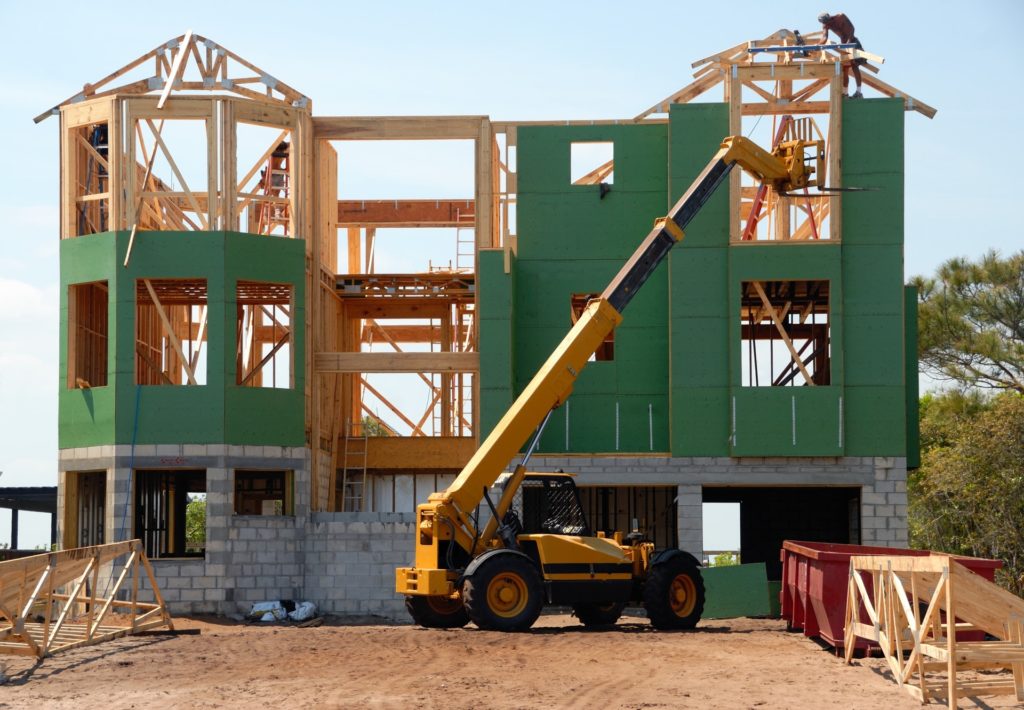The Termination for Convenience Clause

If your subcontract contains a termination for convenience clause, the general contractor isn’t held to the same standard and can walk away from their obligations to you at any time.
Why You Need an Up-to-Date Residential Contract

We have contractor clients all over the country and one of the first questions we get when we talk about their contracts is, “I am not sure it is up to date.” Now there are a few different ways we consider this question. Let’s look at why it’s important to have an up-to-date residential contract. […]
Flat-Fee Pricing: Contract Review Service

The construction industry is known for its complex legal landscape. From project delays to payment disputes, there are many legal issues that contractors must navigate to ensure the success of their business. A well-drafted contract is one of the most important tools in a contractor’s legal arsenal. A solid contract can protect a contractor’s interests […]
Celebrating Women in Construction Week

The construction industry has traditionally been male-dominated, but times are changing, and more women are breaking through the barriers to pave the way for future generations. As we celebrate Women in Construction Week from March 5 to March 11, it is important to recognize and celebrate the contributions of women in the field.
Construction Law Lessons Learned in the Courtroom

Some of the best lessons we can learn about how the industry is developing and what is trending can be found in the courtroom, but you should not have to end up there to find them out!
Post-Judgment Collections in Texas – What You Need to Know

As many creditors know, the state of Texas provides robust protection for debtors, and navigating the process for post-judgment collections in Texas can be an overwhelming experience for even the savviest professional. Attempting debt collection during an economic slowdown can further compound a creditor’s frustration as they face an increase in slow-pay and no-pay debtors. After countless demand letters go ignored, creditors often turn to litigation in hopes of getting paid.
Navigate Defective Work Claims for Residential Contractors

Whether it is for an oversight from a previous construction project, a problem that arose from your finished work, or something you are altogether unresponsible for, it is important to know how to proceed when faced with a defective work claim as a residential contractor. In this blog, we break down how to respond when faced with a defective work claim and how you can be preventative so that you don’t ever receive one to begin with.
Legal Advice on Demand for Contractors

Having legal advice on demand is critical to running a successful business in the construction industry. The general retainer is a great solution to helping every construction company run a better business by educating our clients where they stand legally to make informed decisions.
How Can a Homeowner Sue a Contractor?

Knowing what a homeowner can sue you for is the first step in preventing or mitigating their potential interference with your productivity and payment. Thanks to the Residential Construction Liability Act (RCLA) in Texas, there are only a few things a homeowner can come after you for.
RCLA: The Texas Residential Contractor’s Best Friend

Texas residential contractors are protected by legislation that safeguards your rights on residential projects. That legislation is most commonly referred to as the Residential Construction Liability Act. Thanks to the RCLA, homeowners can only sue after allowing the residential contractor the opportunity to fix what the homeowner said was wrong.
